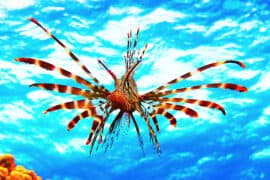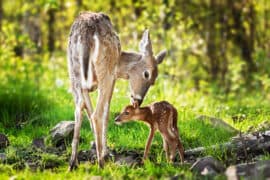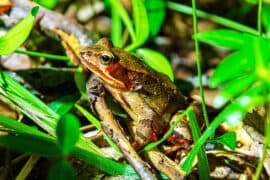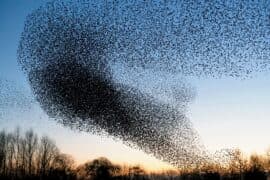River cooter
(Pseudemys concinna)
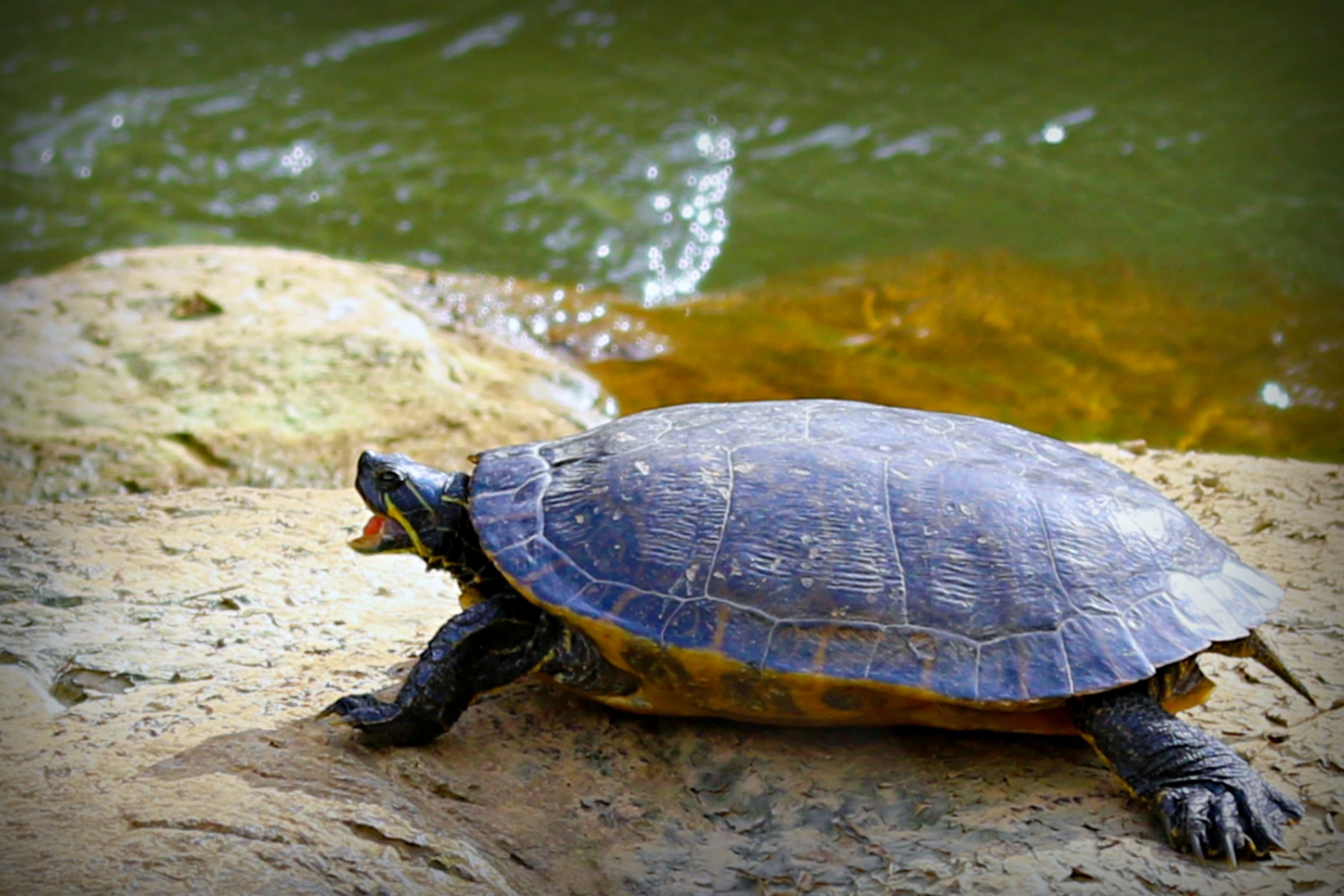
Description
The river cooter (Pseudemys concinna) is a species of freshwater turtle in the family Emydidae. The species is native to the central and eastern United States. P. concinna is usually found in rivers with moderate current, as well as lakes and tidal marshes. The species P. concinna is highly omnivorous and will eat anything, plant or animal, dead or alive. Diet seems to be determined by available food items. While some writers feel that this species of turtle will not eat meat, predatory behavior has been observed. Although it can't swallow out of water, it will leave the water to retrieve a tasty bug or worm, returning to the water to swallow. It will also enthusiastically chase, kill and eat small fish. It has also been observed eating carrion found along the river's edge. The river cooter has tooth-like cusps in the upper jaw, probably an adaptation to aid in eating leaves and fibrous vegetation. Its primary diet includes a wide variety of aquatic plants, and some terrestrial plants that grow near the water's edge. It will happily take fallen fruits as well. In captivity, any kind of plant will be eaten, and some "meats", too. Turtles will also take calcium in a separate form, such as a cuttlebone, so that the turtle can self-regulate calcium intake. The river cooter is faced with loss of habitat, predation by animals, slaughter on the highways, and use as a food source by some people. Hatchlings are particularly vulnerable. During their overland scramble to the river, many hatchlings will be taken by avian and mammal predators. Alligators and muskrats await them in the water. Some will be taken and sold to pet stores. Populations are down in some areas, and there have been increasing reports of injured turtles, but this species as a whole is hardy, and continues to thrive. P. concinna can live 40 years or more.
Taxonomic tree:

